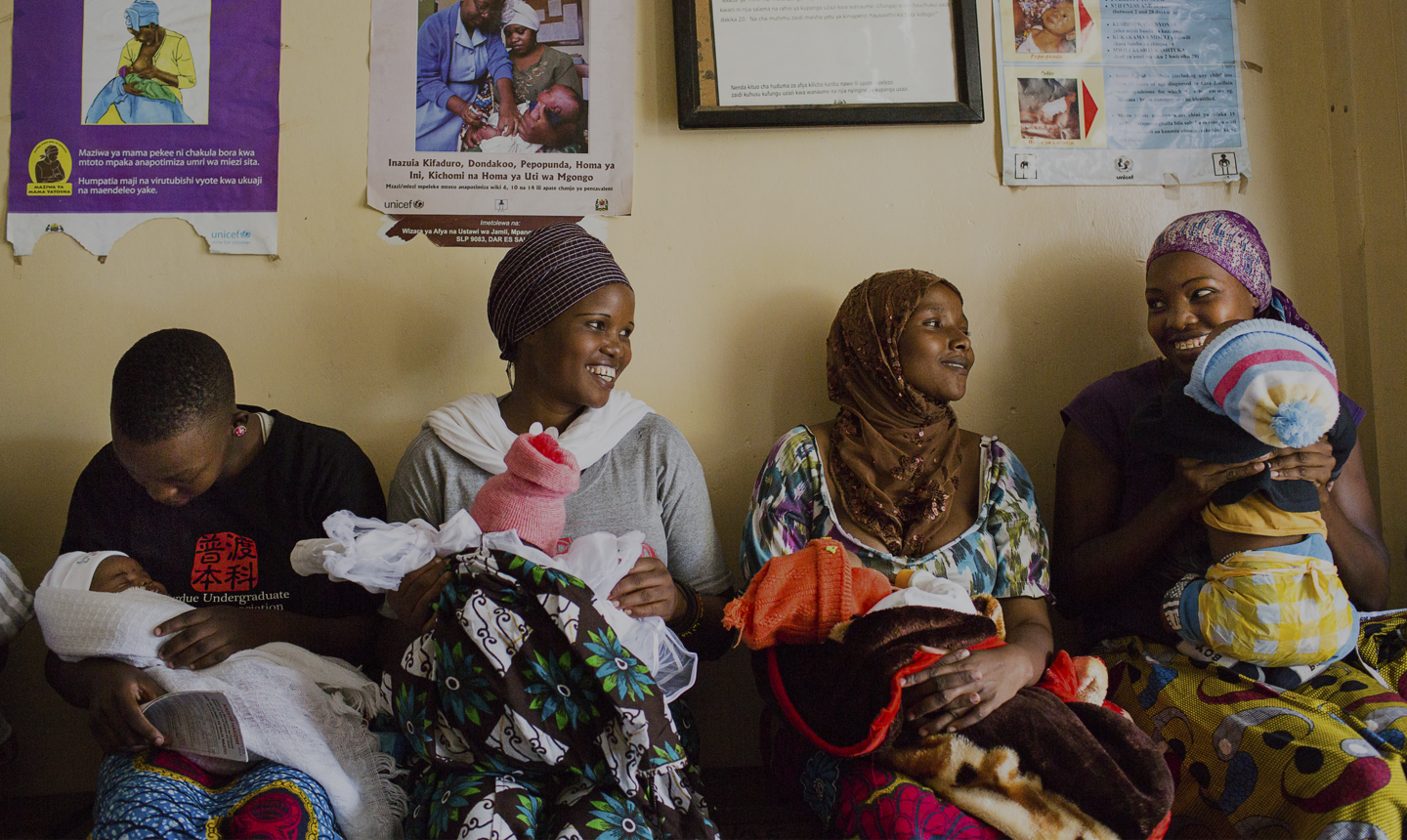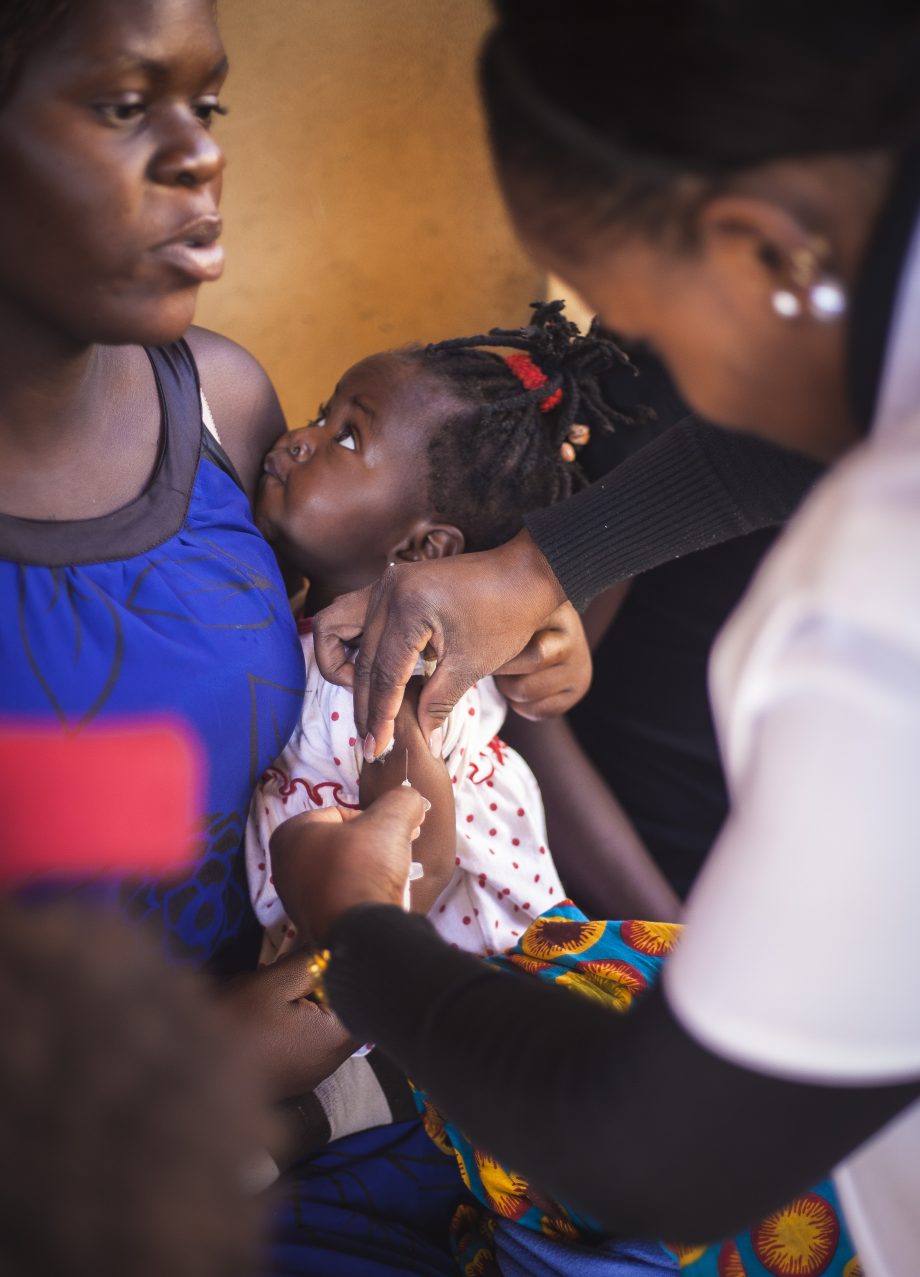
Addressing Immunization Service Delivery Issues in Tanzania and Zambia
- LocationTanzania and Zambia
- Implementation2014-2018
Routine immunizations and new vaccine introductions are two of the best investments to improving people’s health around the globe.
While the world has made incredible progress in providing access to lifesaving vaccines, immunization coverage is stalling, leaving children vulnerable to preventable diseases.
The barriers to vaccination are not always clear, and evidence can be anecdotal at best. Did a child miss a vaccine due to a health center stockout? Did a caregiver not know the child was due for an immunization? Are there other reasons for a child missing a life-saving vaccine?
BID Initiative/PATH Teams
Tanzania Ministry of Health, Community Development, Gender, Elderly, and Children (MOHCDGEC)
Zambia Ministry of Health
The Impact
-
2M+ Kids
Over two million children have been registered in both Electronic Immunization Registries (EIRs)
-
15 Regions
Tanzania’s EIR is now in use in 15 regions of the country, with plans to scale nationally. Tanzania is also beginning to transition to a fully digital system, retiring its paper-based records.
-
Expanding
Zambia’s EIR is now fully scaled in one province.

Solving critical delivery problems with data.
To improve immunization coverage, stakeholders (and their trained data managers) need easy access to reliable, actionable data. Led by PATH in collaboration with the governments of Tanzania and Zambia, the BID Initiative believes that better data, plus better decisions, will lead to better health outcomes. The BID Initiative was designed to help health workers to access and use data and to reach more children with life-saving vaccines. By transforming data collection, data quality, and the use of that data to make decisions, BID worked to empower health workers and countries to improve immunization and overall health service delivery.

A flexible, holistic approach.
Since 2013, BID has been partnering with the governments of Tanzania and Zambia to address the most critical routine immunization service delivery problems through improved data collection, quality, and use. With country partners, the BID Initiative designed, tested, and rolled out a holistic suite of interventions that are flexible enough to apply to other countries and health areas.
The Approach
These include: electronic immunization registry integrated with a supply chain information system; automated, simplified report generation and visualization; data use campaigns; peer support networks and targeted supervision for health workers; barcodes or QR on child health cards and vaccine supplies to help uniquely identify patients and track vaccine stocks; and dashboards to monitor facility and neighboring facility performance.
-
OpenHIE Capabailities
- Patient identity management across systems
- Health worker and patient alerting
- Health metrics calculation and reporting
- Health product logistics/supply chain support and tracking
- Authentication and Authorization
-
Health Issues Addressed
- Individual Patient Care (Clinical) – Reproductive, maternal, newborn, and child health
- Individual Patient Care (Clinical) – Non-communicable disease management
- Visibility of data between vaccination data and commodities/stock consumed
-
OpenHIE Workflows
- Export aggregate data.
- Create Patient Demographic Workflow
- Query health worker and/or facility records.